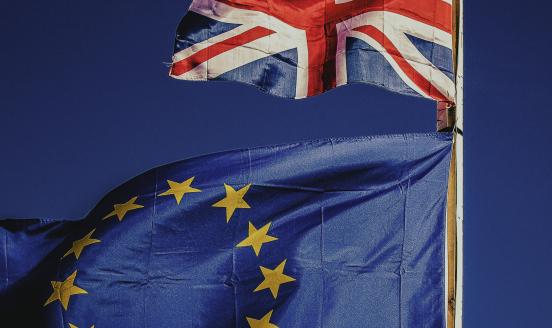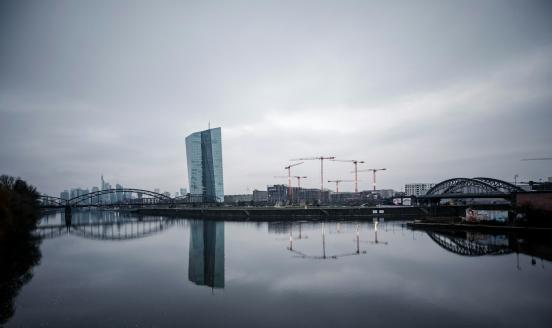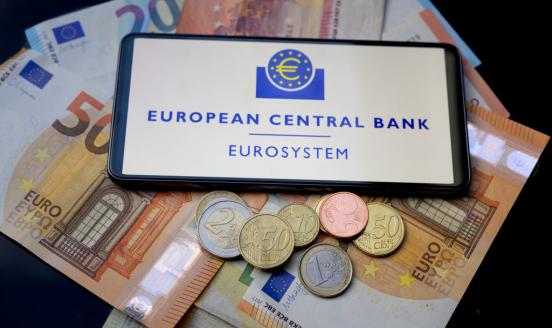Brexit: When in doubt, slow down
Uncertainty over Brexit remains high despite looming deadlines. Here, the authors argue that the UK should take the necessary steps to make time to bu
The UK parliament continues to try to exclude the possibility of no-deal Brexit, but at the same time continues to fail to find a suitable alternative. This week's results in the latest round of parliamentary votes just confirm that a hard Brexit remains the default position.
Up till now, Prime Minister May had attempted to use the threat of no-deal to persuade her soft-Brexiter MPs to vote for her deal, and the threat of no Brexit to persuade the hard Brexiters to do the same. None of these threats has proved effective and Mrs May’s deal is as good as dead.
This means that, in the current course, there couldn't be a soft Brexit: there is either a hard Brexit or no Brexit. But this is a rather poor choice, given how divided the country now is. And it is precisely because it is a very poor choice that Parliament should not decide itself. Such a choice could only be put to the UK population, in particular as it is no longer possible to declare ignorance of what a UK outside the EU would mean.
Enter the rest of the EU into the game and we now have two possible extensions, following a request by the UK. In the event that Mrs May’s deal passes, then the UK will leave the EU on the 22nd of May; uncertainty is removed and continuity preserved.
Donald Tusk has argued repeatedly in the past few weeks that if the UK needs a longer time to reconsider what it wants, the EU should not stand in its way.
However, there is also now the possibility of a longer extension being granted, provided the UK participates in the European elections. By April 12th the UK needs to communicate whether it seeks to pursue that option and in what shape and form. European Council president Donald Tusk has argued repeatedly in the past few weeks that if the UK needs a longer time to reconsider what it wants, the EU should not stand in its way.
What we think Mr Tusk is trying to achieve is actually to change the default position from being a hard Brexit to (temporary) no Brexit. His line of thinking, in our view, is that if the UK cannot agree on what the way forward is, the very least it could do is consider its options from a point of stability (as a member of the EU).
It is the right thing to do when you are contemplating a change of direction but cannot reach an agreement and, worse still, there are deep divisions. Then take the time to consult the whole population, preferably through elections, in terms of what it wants before either continuing the course of hard Brexit or revoking article 50.
It seems to us that, one way or another, the UK needs to go back and consult its own people.




